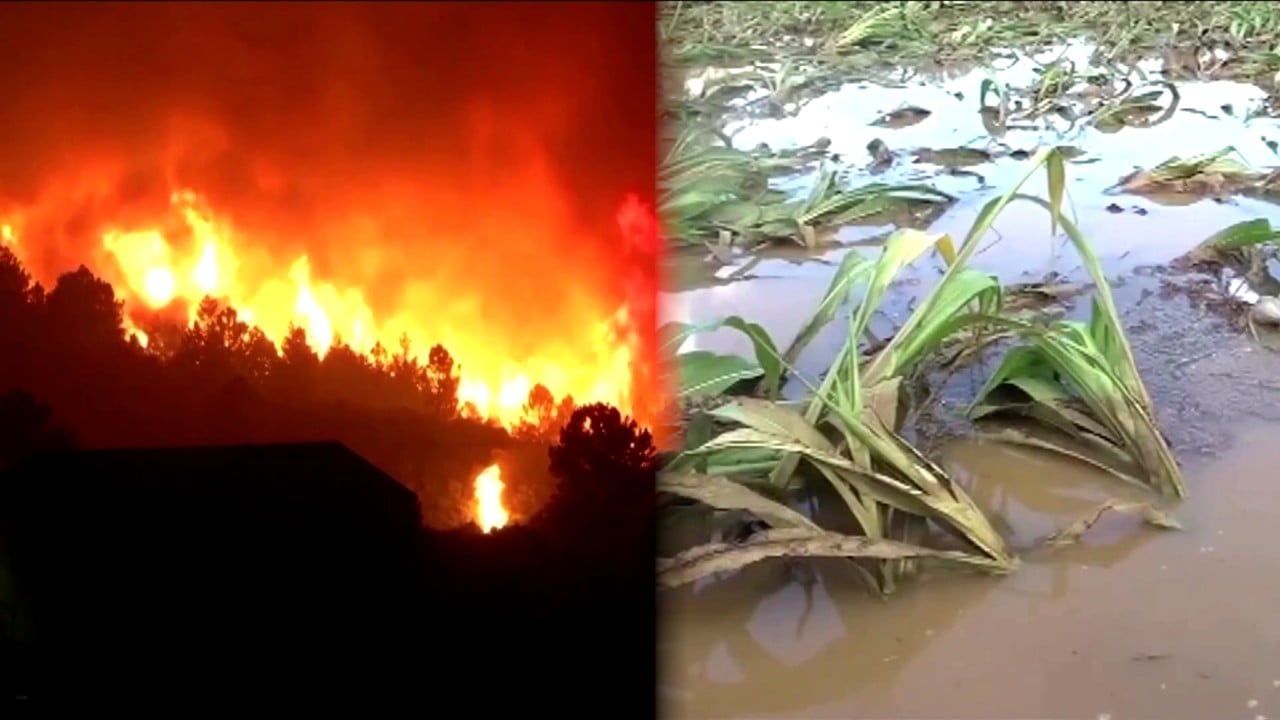The world still has too many climate change sceptics whose ignorance is matched only by cynicism. Energy sector interests have too great a hold on governments, and the investment profession is often in bed with them, while the public appears impotent to do much beyond protesting.
This year will be the hottest year in recorded history, according to non-profit research group Climate Central and the European Union’s Copernicus Climate Change Service.
On November 15, the International Monetary Fund published a blog post highlighting the fact that climate change has begun to affect world trade seriously via droughts in the Panama Canal, having an impact on ports around the world. Given that trade is key to global economic welfare, the worsening impact of climate change in this area should worry us all.
Not only that, a group of climate experts headed by Columbia University adjunct professor James Hansen, a former Nasa scientist, said in a report that global warming was still accelerating and that official warming targets were probably out of reach already.
But this pledge served more to illustrate the lack of realism in the approach of major governments to tackling an existential threat than to provide a climate solution. It echoed their naivety in hoping that the 2015 Paris climate accord could serve a similar purpose by relying on voluntary national carbon emissions reduction pledges.
The kind of world-leading financial institutions that Carney claimed were on board with the GFANZ – pension funds, insurance companies, mutual funds and others – might have the financial wherewithal to finance miracles, but they do not have the right to override their fiduciary duty by pledging these funds willy-nilly to climate objectives.
China signals reboot of voluntary carbon market is near with draft guidelines
China signals reboot of voluntary carbon market is near with draft guidelines
Likewise, when UN secretary general Kofi Annan persuaded leading firms and financial institutions in 2004 to sign on to the idea of supporting environment, social and governance (ESG) investment objectives, he failed to foresee the kind of Friedmanite objections that could and did arise against sacrificing profits to principles.
None of these approaches have really worked where battling climate change is concerned. They fail to take into account that the struggle requires massive organisation as well as finance, and that this can only be achieved by combining government and public agency resources with those of the private sector under one roof.
There are some signs of recognition of this fact. World Bank President Ajay Banga, for example, reported to the bank’s annual meeting in October that he had begun talks with some of the world’s leading financial institutions with a view to channelling funds into World Bank projects relevant to climate change.
On climate action, US and China have chosen Sunnylands over the badlands
On climate action, US and China have chosen Sunnylands over the badlands
Another example of new thinking is the Asian Development Bank leading the Energy Transition Mechanism project, which plans to buy up coal-fired power stations in countries such as Indonesia, the Philippines and Vietnam, close them down ahead of schedule and replace their carbon emissions with alternative, clean energy. This will involve private portfolio investment mixed with public funding.
There are many other ways in which the existential challenge of climate change can be met through concrete projects rather than relying on hopes of sustainable investment. One is vacuuming carbon gas from the air. This is being experimented with but requires huge investment of a size at which taxpayers or market investors might balk unless they can share the cost in new ways. Even so, now is the time for radical solutions.
Anthony Rowley is a veteran journalist specialising in Asian economic and financial affairs


